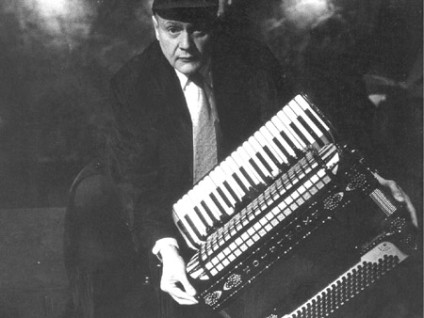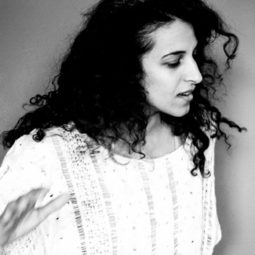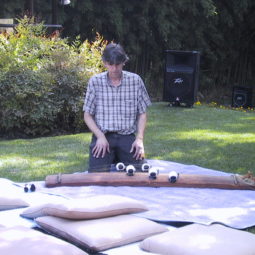Free Jazz requires an unconditional spontaneous readiness to suffer. The enthusiast has to pay for what the musician thinks he owes to himself and the others. This temporary relationship, however, is preceded by a different story, a concealed process: the one which creates the feelings of guilt (Indebtedness) and comes out of the secret awareness of one’s own, equivocal emotional integument. To fight their presence by the means of “pure” self expression only brings temporary relief and remains fixed to it’s contradictory basis. In the end, there is anyhow no way – and certainly no consistent way – to get out of this tight spot.
Beyond consistency, however, there is also the area of what one allows for oneself. There we witness Rüdiger Carl consecutively compensating for the consequences of guilt by refreshing surges of feelings which temporarily take of the weight of interpretation off our shoulders. – Andreas Kallfelz, liner notes, Book – Virtual COWWS
Rüdiger Carl has worked in improvisational music for over 30 years “virtually forsaking the quintessentially jazz instrument – the tenor saxophone” for the performance of free music on accordion and clarinet. He has participated in a number of collaborative projects with an international roster of artists, including Arjen Gorter, Makaya Ntshoko, Louis Moholo, Maarten van Regteren Altena, Tristan Honsinger, Johnny Dyani, Joëlle Léandre, Carlos Zingaro, Mayo Thompson Irène Schweizer, Hans Reichel Sven-Åke Johansson, and Han Bennink. Most recently he collaborated in Cologne and Berlin with Raymond Pettibon on the CD project Blank Meets Pettibon. He has toured throughout Europe, Turkey, Russia, Canada, and USA. Carl’s sound. at the Schindler House concert is his first performance in Los Angeles.
Raymond Pettibon came to prominence in the early 1980s in the southern California punk rock scene, creating posters and album art mainly for groups on SST Records, owned and operated by his older brother, Greg Ginn. He has subsequently become widely recognized in the fine art world for using American iconography variously pulled from literature, art history, philosophy, and religion to politics, sport, and sexuality. In the early 1990s, fellow artist Mike Kelley played guitar on an album of songs that Pettibon recorded for the independent label Blast First out of New York and London.








